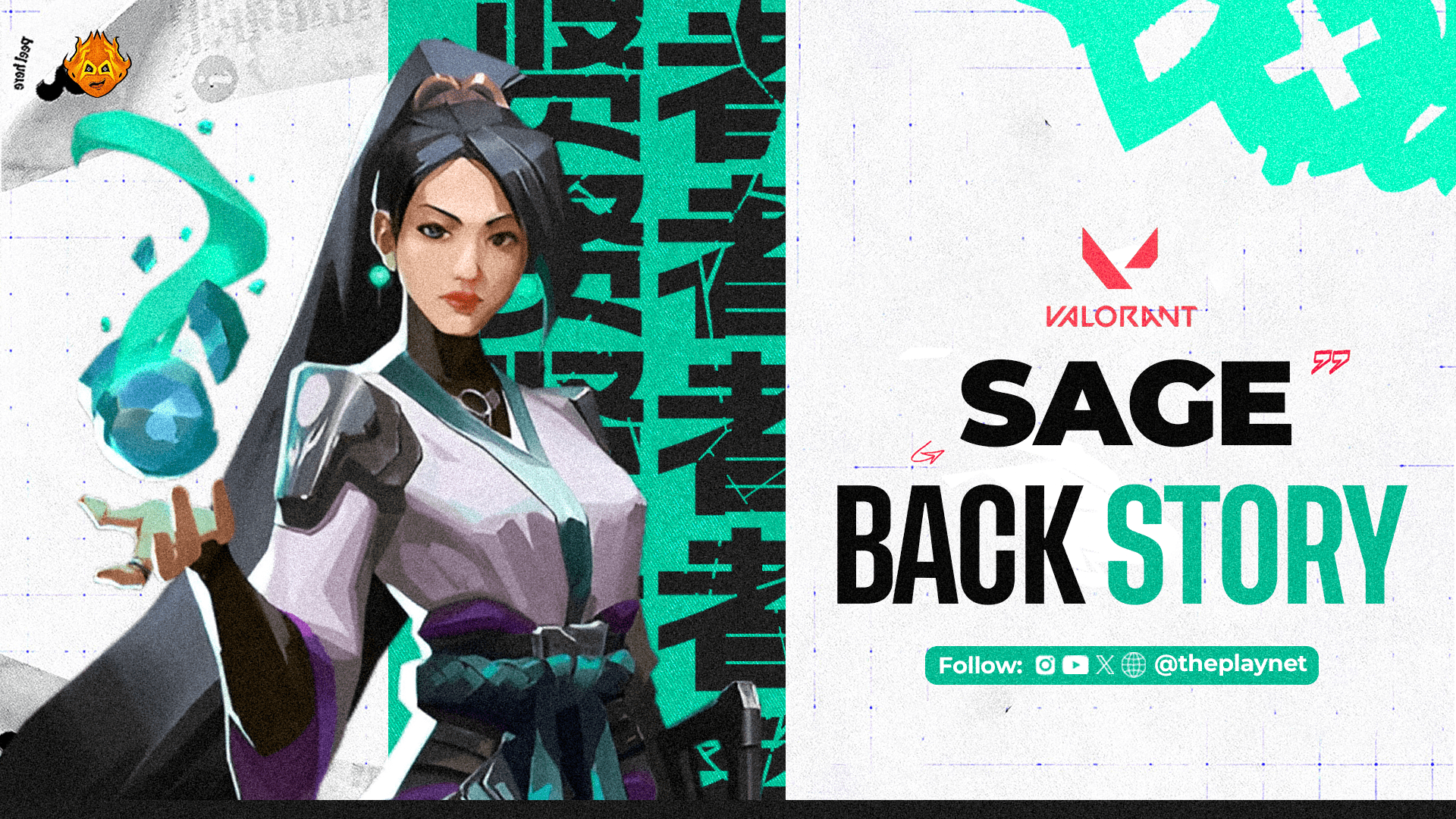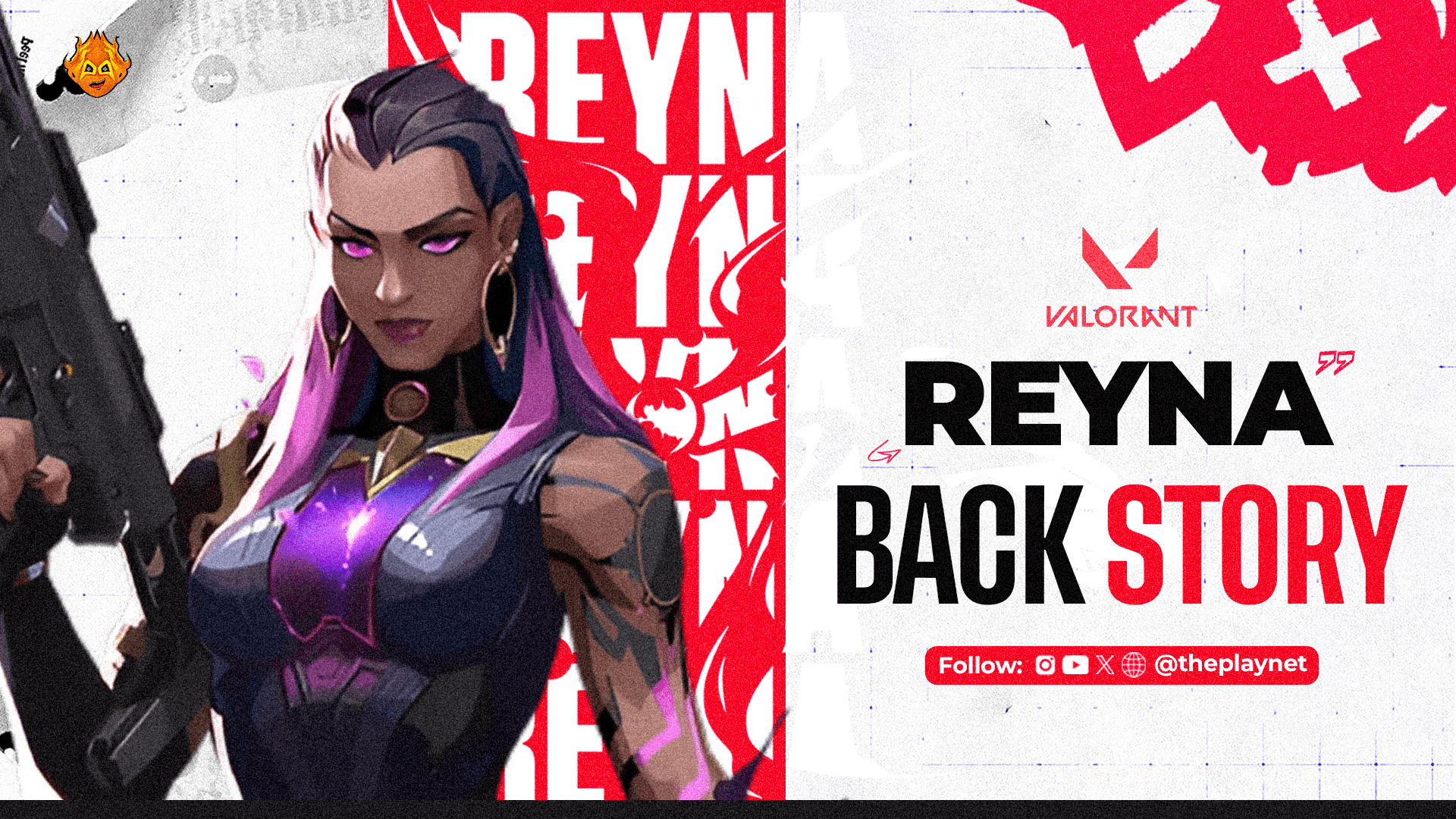
The Overwatch League, a once-thriving esports titan, has reached a crossroads. After the conclusion of its sixth season, Blizzard Entertainment, the brains behind Overwatch, announced its intention to reshape and breathe new life into the Overwatch esports scene. In this article, we'll delve into the challenges that led to this pivotal moment, the signs pointing towards a revamped future, and what Overwatch fans can anticipate in the world of competitive gaming.
For years, the Overwatch League has grappled with financial troubles. The league's economic stability faced turbulence, with dwindling sponsorships and investments. It struggled to recover from the blow of sexual harassment allegations within Blizzard in 2021, causing key advertisers to withdraw their support.
Franchise owners faced their own set of problems. The economic downturn caused by the COVID-19 pandemic strained these organizations, making it challenging to meet franchising fees. The Chengdu Hunters even disbanded midway through the 2023 season, highlighting the league's instability.
To add to the league's woes, a failure to renegotiate a deal with Chinese publishing partner NetEase resulted in several Blizzard games, including Overwatch, going offline in China – a major market for the game. This issue remains unresolved, casting a shadow over Overwatch's future.
Earlier this year, Blizzard confirmed a crucial turning point. Franchise owners would vote on whether to continue the league under new terms or accept a $6 million per team termination fee. While the outcome of this vote remains undisclosed, it seems increasingly likely that many owners will opt for the termination fee, marking the end of an era.
In the midst of this uncertainty, Overwatch League Director Sean Miller provided reassurance. He affirmed that even if franchise owners depart, competitive Overwatch will endure beyond the 2023 season. Miller emphasized the commitment to a competitive ecosystem in 2024 and beyond.
He also highlighted Blizzard's ongoing efforts to promote inclusivity and gender diversity through initiatives like "Calling All Heroes" and continued World Cup programming, ensuring that Overwatch remains a vibrant and inclusive esports community.
While not an official confirmation, Blizzard's statement signals a significant transformation in the world of Overwatch esports. The Overwatch League as we know it may be coming to an end, but the spirit of competitive Overwatch remains steadfast. The challenges of the past will pave the way for a revitalized and reimagined Overwatch esports landscape, promising exciting opportunities and a bright future for fans and competitors alike. Stay tuned for more updates as the Overwatch community eagerly anticipates the dawn of a new era.
Also Read: Asian Games Boost: Delhi University Welcomes Its First Esports Society

2 months ago

2 months ago

2 months ago

3 months ago

3 months ago